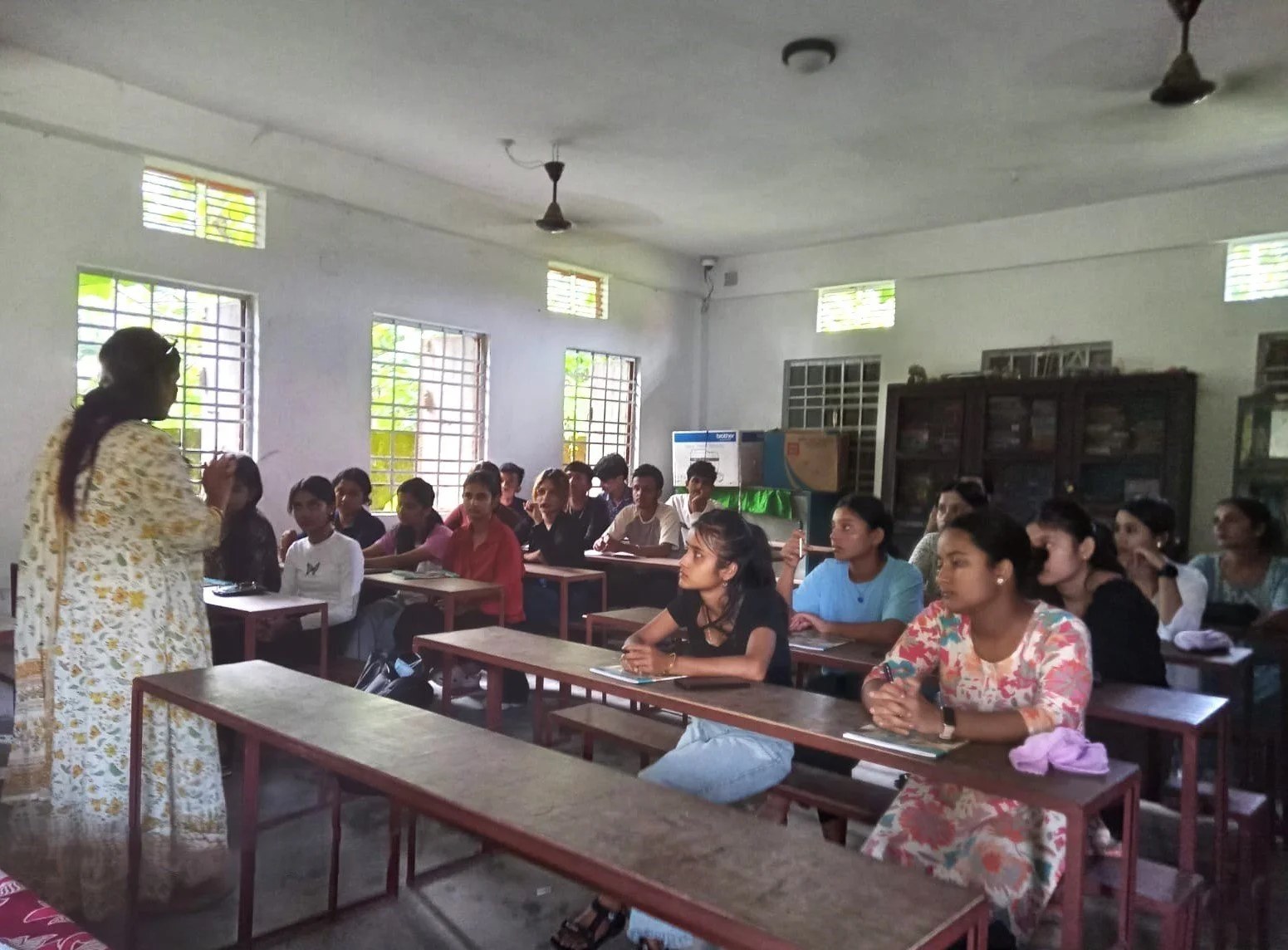We should have been told
Sometimes, conversations have an impact that is still growing years later.
The women of Samunnat Nepal always chat while they make their jewellery. Around 2015, as they chatted with Wendy, it became clear how little education they had been given on their bodies and sex. They had no reliable sources of information and didn’t know how to talk about these things with their children. So, together, they identified what they wanted to know and what they wanted their children to know. They knew that this would make them so much more confident, and less vulnerable to abuse.
These conversations turned into books during the three years from 2016 and they were printed at the end of 2018. You can read more about them here. The first book, aimed at primary school children, was quickly followed by one aimed at high school students – girls and boys. These were very popular locally and, in 2021, over 1500 were sold to Nepali districts who distributed them to schools. The remaining books were stored at Samunnat.
Fast-forward to 2024 and the books are coming back to life in Nepal and Australia. In Nepal, Samunnat is running a community education program, funded by a grant from the Australian government. Meanwhile, in Australia, members of the Bhutanese refugee community have started looking at whether the books could be useful for their young people.
Firstly, the community project in Nepal. Samunnat successfully applied for a grant to run a series of community education sessions for young people. This was funded through an Australian Aid program, run by the Australian Embassy, and started in earnest last month. The project is addressing the lack of awareness about some important life-skills in teenagers and young adults. Samunnat is collaborating with local partners to hold sessions that promote discussion of four topics: dealing with emotions; cyber-bullying and online safety; getting to know our bodies (sex-education); and safety issues working outside Nepal.
The sessions are a mix of information-giving, discussion and interactive activities
…the formal parts tend to be quite formal
Kopila and the team are very excited to work in the community in this way. As well as promoting really important and useful information, the work will help Samunnat grow in its role as a local community hub for wellness and life-skills training. It is working with local health workers, counsellors, police and community members. These are great links to make.
The sex-education books are being given to all of the participants in the sessions, held in the local municipalities of Birtamod and Arjundhara. There are 18 sessions planned, reaching up to 450 participants – girls and boys, mostly aged 19-25. Many of the young people have never seen this information presented so frankly and openly. There have been periods of silence and shyness in the sessions, but Kopila is happy to report that, so far, discussion has always resumed.
Meanwhile, in Australia, the books have been read and discussed by members of the local Bhutanese refugee community. The stream of Nepali-speaking people leaving South Asia for work and study in Australia has increased sharply in the last decade. In the city of Albury, NSW, there is a population of thousands of Nepalese and Bhutanese people. Most of the Bhutanese came as refugees from camps in eastern Nepal where they had languished for 15-20 years, after being expelled from their home country. They remain proudly Bhutanese but are culturally and linguistically Nepalese.
The books are in Nepali and English.
Community members are thinking about how these books might be used: not necessarily for sex-education, but to help young people to learn and develop their English- and Nepali-language skills.
This is a tricky area for traditional, conservative cultures. But the words of the women of Samunnat ten years ago were very clear. ‘We should have been told about these things and we need to know.’ These books can help to bring about that knowing.


